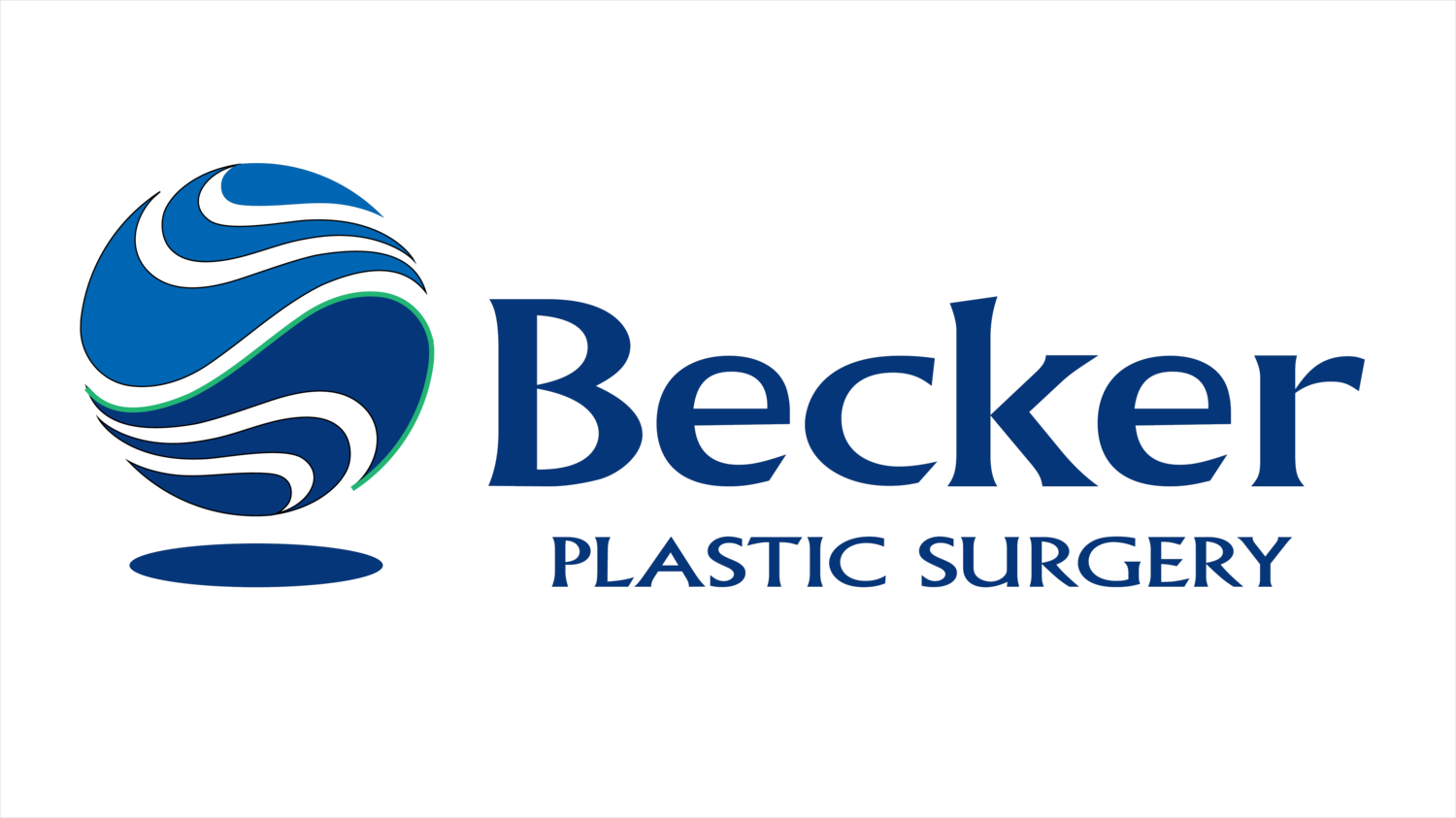Reconstructive Face Procedures Information
Qualifications
In general, good candidates for reconstructive face procedures are:
Healthy and do not have medical conditions that impair healing
Nonsmokers
Individuals with a positive outlook and realistic expectations
Preparation
In preparation for a reconstructive face procedure, you may be asked to:
Get lab testing or a medical evaluation
Take certain medications or adjust your current medications
Stop smoking
Avoid taking aspirin, anti-inflammatory drugs, and herbal supplements because they can increase bleeding and bruising
Arrange for a friend or family member to drive you to and from surgery and to stay with you the first night following surgery
Recovery
While the initial outcome of reconstructive plastic surgery is present almost immediately, it will be obscured by visible swelling. It may take several months for swelling to fully dissipate.
The final results will be long-lasting; however, the initial healing phase may include localized swelling, discoloration, numbness, or discomfort. In addition, facial movements may be temporarily restricted or impaired. These are common conditions.
Although we expect great results from your procedure, there is no guarantee. In some situations, it may not be possible to achieve optimal results with a single surgical procedure and another surgery may be necessary.
It's important that the surgical incisions are not subjected to excessive force, swelling, abrasion, or motion during the time of healing.
Although infrequent, the risks and complications of reconstructive face procedures include:
Nerve damage
Hematoma (localized bleeding outside of blood vessels)
Scarring
Infection
Need for additional surgery
